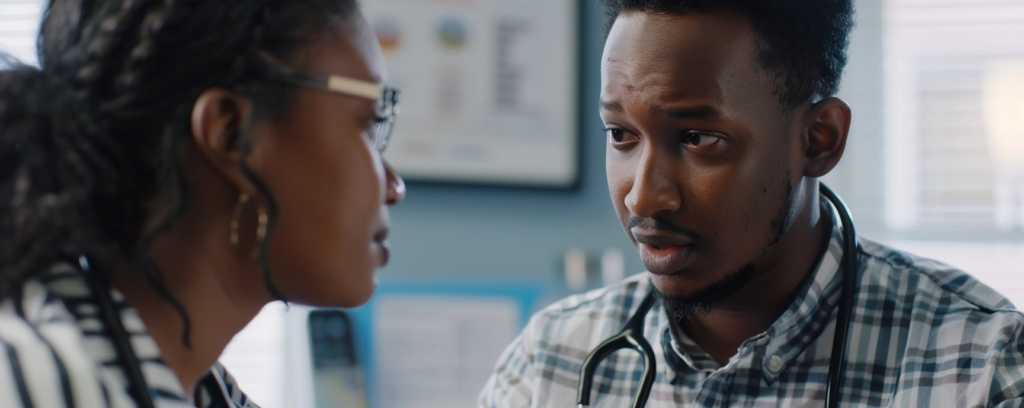Cancer remains one of the leading causes of mortality worldwide, but early detection significantly increases the chances of successful treatment and survival. Awareness and understanding of cancer symptoms are critical in catching the disease in its early stages. This comprehensive guide aims to shed light on common and lesser-known cancer symptoms, the importance of early detection, and preventative measures you can take to reduce your risk.
Early Warning Signs of Cancer
Cancer symptoms can vary widely depending on the type of cancer, its location, and how much it has grown or spread. However, there are several general warning signs to be aware of:
- Unexplained Weight Loss: Losing ten pounds or more without trying could be one of the first signs of cancer, particularly cancers of the pancreas, stomach, esophagus, or lung.
- Fever: A persistent fever that cannot be explained by an infection or other illness could indicate leukemia or another blood cancer.
- Fatigue: Unrelenting fatigue that doesn’t get better with rest can be a symptom of various cancers.
- Pain: Persistent pain, especially when it’s of unknown origin, can be associated with several types of cancer, including bone or testicular cancer.
- Skin Changes: Any changes in the skin, such as darkening, yellowing, reddening, sores that don’t heal, or changes to existing moles, can be signs of skin cancer or other cancers.
- Changes in Bowel or Bladder Habits: Long-term constipation, diarrhea, or a change in the size of the stool can be a sign of colon cancer, while pain during urination, blood in the urine, or changes in bladder function could indicate bladder or prostate cancer.

The Importance of Early Detection
Early detection of cancer greatly increases the chances for successful treatment. Screening tests can help detect cancer at an early stage even before symptoms appear. For example, mammograms can detect breast cancer early, and colonoscopies can find colon cancer at an initial stage.
Awareness of one’s body and regular check-ups play a crucial role in noticing any unusual changes. Should you experience any persistent symptoms or changes in your health, it’s imperative to consult a healthcare provider promptly.
Reducing Your Risk
While not all cancers are preventable, there are lifestyle changes you can make to reduce your risk:
- Healthy Diet: Consuming a diet rich in fruits, vegetables, whole grains, and lean proteins can help lower the risk of certain types of cancer.
- Regular Exercise: Maintaining a healthy weight through regular exercise reduces the risk of cancer, including breast, prostate, lung, colon, and kidney cancer.
- Avoid Tobacco: Smoking and tobacco use are the single largest preventable causes of cancer worldwide.
- Limit Alcohol: Reducing alcohol consumption can lower your risk of developing cancer, especially liver, breast, and colon cancers.
- Sun Protection: Protecting your skin from the sun helps prevent skin cancer, the most common type of cancer.
Conclusion
Recognizing the early symptoms of cancer and taking proactive steps towards prevention can make a significant difference in your health outcome. Regular screenings, awareness of body changes, a healthy lifestyle, and prompt medical consultation are key elements in combating cancer. Remember, early detection saves lives, and being informed is your first line of defense against cancer.
See Also:
Understanding Blood Clots: Causes, Symptoms, and Prevention

